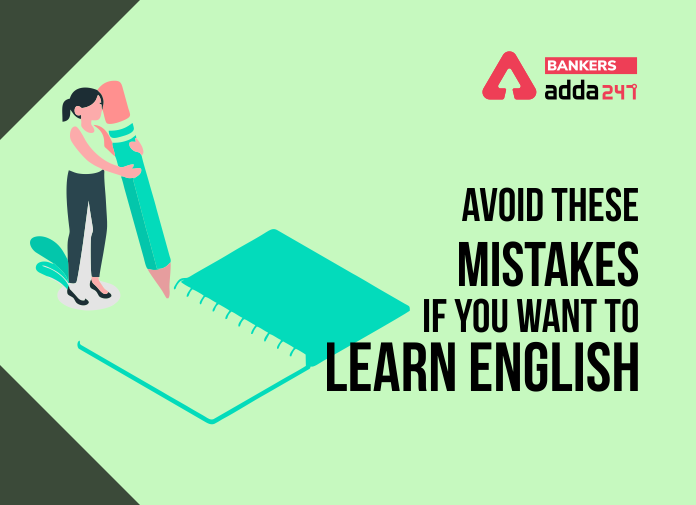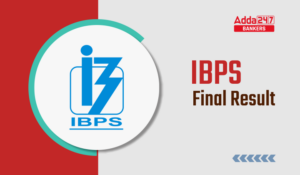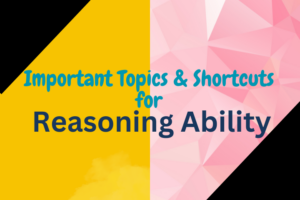Table of Contents
English is one of the official languages of the world spoken widely by half of the world’s population. But some find it difficult to understand the common mistakes when they communicate in English. Hence we can check out how those glitches can be corrected and help people overcome those and increase their fluency.
Also Check,
- UDAAN | ENGLISH LANGUAGE BATCH for SBI and IBPS Exams | BILINGUAL |LIVE CLASSES
- SBI PO Prime 2020 Online Test Series
When you know the common mistakes which many do unknowingly, you will rectify your mistake and be more confident when speaking the language. The grammar becomes a hindrance in many cases. The key to speaking well is to listen and understand how others speak (those who talk well) and read aloud more books in English. This way your
- vocabulary will increase
- the pronunciation will get better
- confidence will boost up
| How to Master Reading Comprehension to Score Maximum Marks? | Importance of Spoken English and How to Improve it? | SBI PO Prelims Study Plan 2020 |
Try using the language more; initially, your conversations will be fraught with mistakes but don’t be disheartened. It is all a process, and eventually, you will be good enough to converse well.
Let’s look at some of them here
-
The word brought is used very convincingly in the below-given sentences
I brought a ring yesterday.
She brought a pie for lunch.
Here in the first sentence, which may seem perfect, but isn’t because brought is not the word to be used but bought (buy) is the correct word. In the second sentence brought is rightly used because (to bring) past tense would be brought.
-
When to use it’s or its
We have to know that it’s —it is or it has
Whereas its — similar to his, her, its
The mistake would be using them interchangeably or only use one of them every time.
-
When to use gone and went
To use gone, you would need an auxiliary verb before it. Such as
- Has
- Had
- Have
- Is
- Am
- Are
- Was
- Were
- Be
Whereas went doesn’t need an auxiliary verb, this will help you remember not to make that mistake again. The most common mistake is to use gone and went interchangeably
-
Watch, look and see
Many people don’t know when to use them because
Look- is used to look directly at something
See – at something that comes in your line of vision and not planned on seeing it
Watch – to observe something or assess it
You will not see something intentionally, but you may look at something purposely.
-
The use of literally or figuratively
Figuratively is used to exaggerate whereas literally means actually or in the real sense
There is literally trash everywhere, figuratively speaking I could be buried in it———- would be the right way to use the above two words.
-
Knowing when to use casual language and the formal form of expression
At an important meeting, job interview, or formal occasion, you should avoid slang but use the entire word and not the short cuts often used in speaking language.
Casual- hey wassup?
Formal- hello, how are you doing?
Then there are writing mistakes that most often people do such as
- Capitalization
- Spelling mistakes
- Punctuation
- Use of apostrophes
All this can be avoided if you read up more on English newspapers, magazines, etc. listening to the news and other programs on tv or radio to get the hang of how to pronounce and enunciate each word perfectly.
Click Here to Register for Bank Exams 2020 Preparation Material
Practice With,



 IBPS Final Result 2025 Coming Out Tomorr...
IBPS Final Result 2025 Coming Out Tomorr...
 Simple Tips to Avoid Common Mistakes In ...
Simple Tips to Avoid Common Mistakes In ...
 Important Topics & Shortcuts for IDB...
Important Topics & Shortcuts for IDB...





